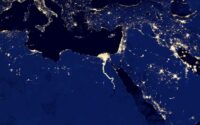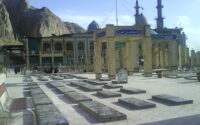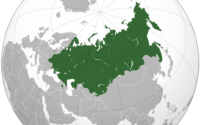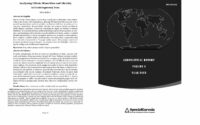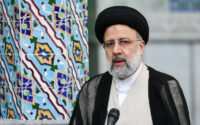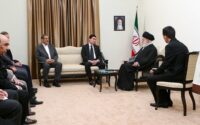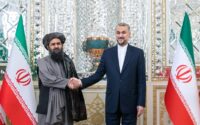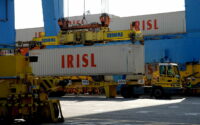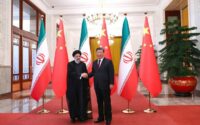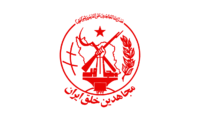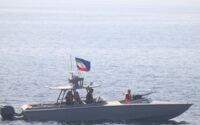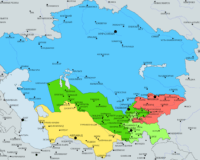Increasing Geopolitical Risk in the Middle East
The United States is escalating its military involvement in the Middle East to counter the resurgence of the Islamic State. This includes a substantial deployment in Syria and Iraq. Concurrently, the Red Sea crisis involving Houthis’ attacks poses a multifaceted challenge, impacting regional stability and exacerbating geopolitical tensions. The situation is further complicated by the ongoing conflicts in Gaza and the broader dynamics of the Middle East.

